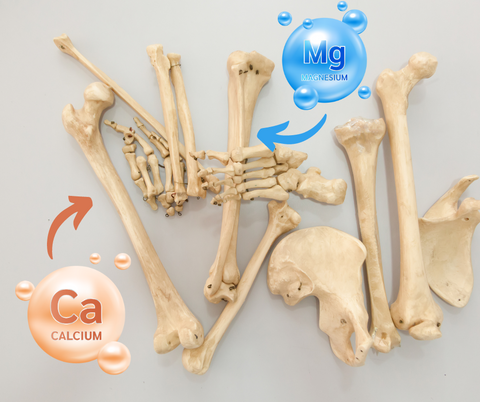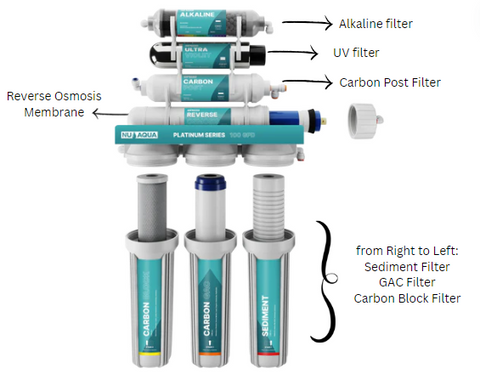The quality of drinking water has become a significant health concern over the years, leading to the adoption of purification technologies like reverse osmosis (RO). RO water, with high purity level, removes almost all dissolved substances, including essential minerals and harmful contaminants. However, does the lack of minerals in RO water affect bone health negatively?
Bones require minerals like calcium and magnesium for strength and density. The absence of these minerals in RO water has sparked debate over its long-term impact on our skeletal system. While a balanced diet is the primary source of these essential nutrients, the role of mineralized water in our overall mineral intake is worth checking.
The Importance of Minerals for Bone Health
Bones are living tissue, requiring a continuous supply of minerals to maintain their strength and density. Key among these minerals are calcium and magnesium, both of which play critical roles in bone health. Calcium is the primary mineral found in bones and is essential for maintaining bone density and structure. Magnesium, on the other hand, aids in the formation of bone and the absorption of calcium by the body. Together, these minerals contribute significantly to preventing bone-related diseases such as osteoporosis, which is characterized by weak and brittle bones.

The body's need for these minerals underscores the importance of a nutrient-rich diet. However, the contribution of water as a source of these minerals should not be overlooked. While it's true that the majority of our mineral intake comes from the foods we eat, mineral-rich water can serve as a supplementary source. This is particularly relevant in areas where the dietary intake of these minerals might not meet the recommended levels.
Benefits of RO Water Beyond Mineral Content
The purity of Reverse Osmosis water offers significant health benefits that extend beyond the scope of mineral content. RO systems are highly effective at removing contaminants that can pose health risks, including heavy metals (like lead and arsenic), bacteria, viruses, and chemical pollutants. For individuals in areas with poor water quality or those concerned about specific contaminants, RO water provides a safe and reliable drinking source, potentially outweighing the drawbacks of reduced mineral content.
Remineralization Solutions
Acknowledging the issue of demineralization, many RO systems now come with remineralization filters or stages designed to reintroduce essential minerals back into the water after purification. This process allows consumers to enjoy the benefits of purified water without sacrificing the mineral intake crucial for bone health and overall well-being. Additionally, mineral drops or tablets can be added to RO water, offering a simple and effective way to ensure mineral balance.
A perfect example is the NU Aqua Platinum Series 7 Stage Alkaline and UV Ultraviolet 100GPD RO System. It reintroduces essential minerals into the water, including calcium, magnesium, selenium, zinc, and iron. Besides the essential minerals, it also includes Maifan, Tourmaline, and ORP Balls. These elements are said to offer extra health advantages, like boosting energy levels, enhancing the quality of sleep, and mitigating inflammation.




